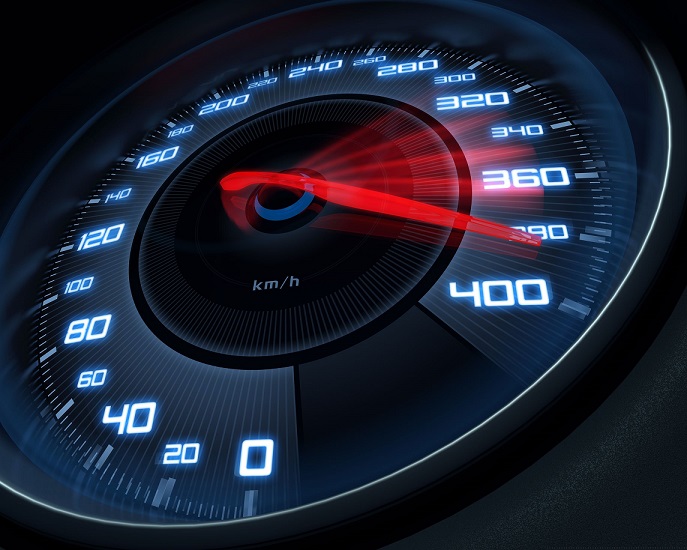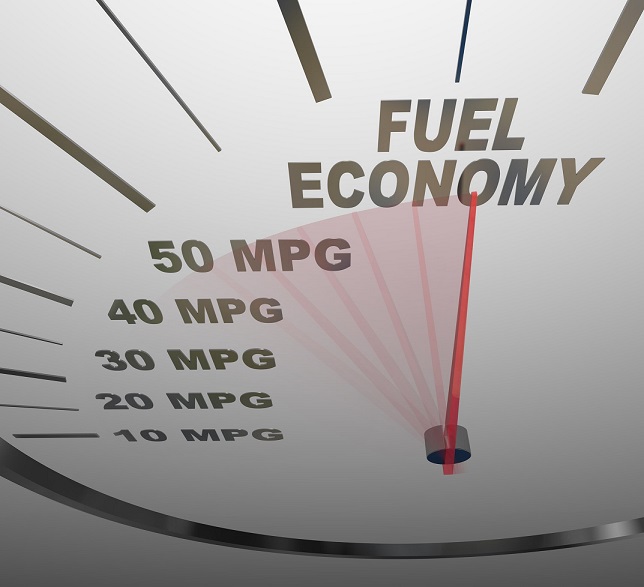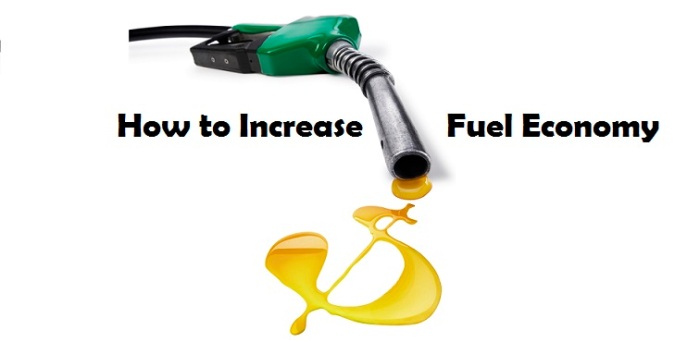Motoring has become one of the most expensive ways to independence in recent years, thanks to the higher petrol prices, road taxes, insurance and a whole host of maintenance and repair work.Saving some money by choosing the right type of car is just the first step, you can go further to save more money by increasing your fuel efficiency.By following these 5 simple tips, you can see your savings start to add up over the coming years.
1. Steady Acceleration and Braking
Making sure you accelerate and brake more smoothly is one great way to increase your fuel economy, as driving more smoothly will help you use less petrol. If you brake late your car is still using petrol to push the car forward, so keep the car in gear and cruise to a stop. Putting your car in neutral and stopping has the same effect of using petrol, so keep it in gear and let those drops of fuel add up!
2. Over Revving Your Vehicle

Many people get into the bad habit of over revving their vehicle when changing gear. This miscalculation can add up in fuel costs, so try to keep at the optimal rev level for your vehicle depending on which gear you choose. You should be hitting 2,500 revs per minute on a petrol car and 2,000 revs per minute on a diesel. Revving too high uses more fuel, which in turn costs you more money, so break the habit, watch your rev counter and learn to change gear at a lower rev.
3. How Speed Has an Impact on Your Fuel Economy
If you want to know how to get a better fuel economy, one of the biggest ways to improve upon is to take note of your vehicle’s speed. Fuel consumption may not be simply about the speed that you are travelling at, but how smoothly you are travelling. The majority of vehicles consume the maximum amount of fuel at above 120 km p/h, so keeping below this speed is critical when it comes to saving fuel.
The moment your vehicle jumps into the 2,500 rev band, the fuel is being drunk at a considerable rate.Using 100 km p/h as a baseline, travelling 110 km p/h uses 9% more fuel, whereas travelling at 80 km p/h uses 15% more fuel. Taking that figure into account, if you travel at 110 km p/h then you will be using more than 25% more fuel than if you were travelling at 80mph.
4. Tyres, Luggage, Roof Rack
Tyres play a huge role in helping keep fuel economy down as over time the tyres will become flattered and can start to affect your fuel economy. Setting your tyres to the correct pressure can save you up to 2% of your fuel and ensure that you are travelling safe for the road surface that you are on.
Luggage and roof racks can play a role in saving you money on your fuel. If your car is heavier, it will take more energy to move it and therefore more revs and more fuel. Having an aerodynamically solid roof rack can have less of an effect on fuel economy than a large square block, so purchase wisely!
5. Diesel vs Petrol engines

Today’s modern diesel engines use less fuel than they ever did and are a slightly better with fuel emissions than they were a long while ago. Diesel engines use less fuel than their petrol counterparts, but they tend to cost more to buy. The overall fuel efficiency of your car’s specific engine will truly determine the overall fuel efficiency, as there are plenty of non-economical diesel and petrol engines out there.
If purchasing a new or used car, make sure that fuel economy is factored into the equation as it can end up being a hidden cost of running your car that you didn’t think about whilst purchasing. Take care to drive more smoothly and use all of the tips like shutting off your air conditioning when you are cruising on the highways to help lower your fuel consumption. Brake and accelerate gently and you will be well on your way to saving fuel and money in no time at all.
